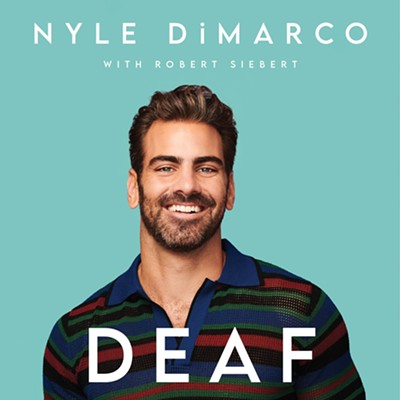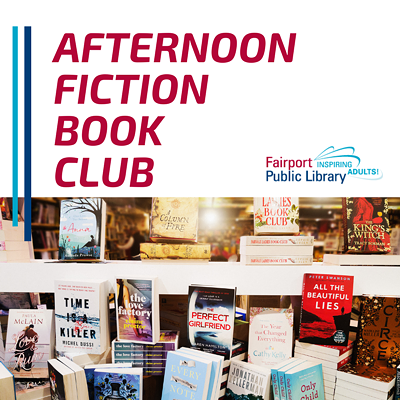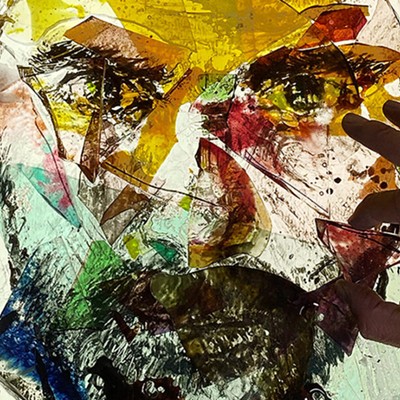[
{
"name": "500x250 Ad",
"insertPoint": "5",
"component": "15667920",
"parentWrapperClass": "",
"requiredCountToDisplay": "1"
}
]
The El Camino neighborhood is struggling with some tough problems, but residents don't want to let those challenges define their community.
In that Rochester neighborhood – which is bordered by the Genesee River on the west, North Clinton Avenue on the east, Avenue D to the north, and Upper Falls to the south – many businesses have closed or left and houses stand vacant because of foreclosures, while building tear-downs have left vacant lots scattered across the area. The community is also struggling with high unemployment, poor access to public transportation, and a drug trade that's driven mostly by people who don't live there.
But El Camino is "a neighborhood of fighters," says Eugenio Marlin, executive vice president of Ibero-American Development Corporation.
"A lot of people have decided they're not going anywhere," Marlin says.
Instead, those people have set out to make El Camino a better neighborhood. They recently finished a vision plan that lays out just how they want to do that; it's an approach that acknowledges the community's problems, but stresses its opportunities and assets, Marlin says. The plan "makes it easier for us to respond to opportunities that might come," Marlin says
Ibero partnered with the Community Design Center of Rochester and the city to develop the plan, and they solicited extensive resident input. In general, residents told them that they want a lively, walkable community with shops and services that meet their needs, such as doctors, dentists, veterinarians, and ethnic grocers, says Mo Duggan, executive director of the Community Design Center of Rochester.
The residents also stressed that they see a walkable, bustling neighborhood as a crucial countermeasure to drug activity. The more people who walk, bike, and sit on their stoops, the less comfortable drug dealers and buyers will feel in the neighborhood, Duggan says.
"They're saying, 'You know what, we're going to take our streets back," Duggan says.
Stretches of empty buildings or vacant lots detract from the walkability of some areas of the neighborhood, Duggan says. Some buildings could be converted to mixed-use properties, however, with commercial space at the street level and residences on the upper floors, she says. Infill housing could be constructed on some of the vacant lots, she says.
The vision also calls for some sort of effort to fix up vacant houses in the neighborhood. Ibero and other community members want to work with the city to get those houses rehabbed and occupied, and to generally boost home ownership, says Miguel Melendez, special projects director for Ibero.
The vision plan also stresses that efforts should be made to preserve and rehab some of the area's historic housing stock, especially the older, grander homes along streets such as St. Paul and Huntington Park.
El Camino is now Rochester's largest Latino neighborhood, and the vision plan identifies the La Marketa project as a big opportunity. For the past couple of decades, community advocates and city officials have tried to recruit developers to transform the North Clinton Avenue site into a Latino-themed marketplace. The effort keeps stalling out, but the vision plan says the site could be used as a community gathering space or for temporary marketplaces, at least until something gets built.
The El Camino neighborhood has several bright spots already. The city and the Genesee Land Trust worked together to develop the El Camino Trail out of an old railroad bed, and the multi-use path has been popular with residents and people outside of the neighborhood.
The city and Land Trust partnered again, along with Ibero and Group 14621, to establish Conkey Corner Park at Conkey and Clifford Avenues. The park is now home to a community garden and market stand.
The community has a recent history of embracing partnerships, Marlin says. It community needs partners to make the objectives in its vision plan a reality, and it's hoping that others will see the potential in places such as North Clinton or Conkey Avenue.
"Anybody who wants to work with us, give us a call," Melendez says.
Speaking of...
-
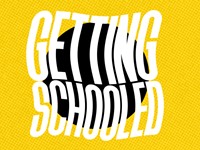
Calendar preview: Getting schooled
Jun 9, 2020 -

North Clinton block will get a redesign
Jul 3, 2019 -

Group wants the city to lower speed limits
Nov 22, 2017 - More »
Latest in News
More by Jeremy Moule
-
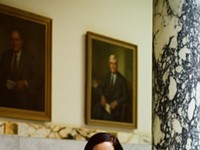
ROCHESTER TEN
ANNETTE RAMOSAug 1, 2023 - More »




